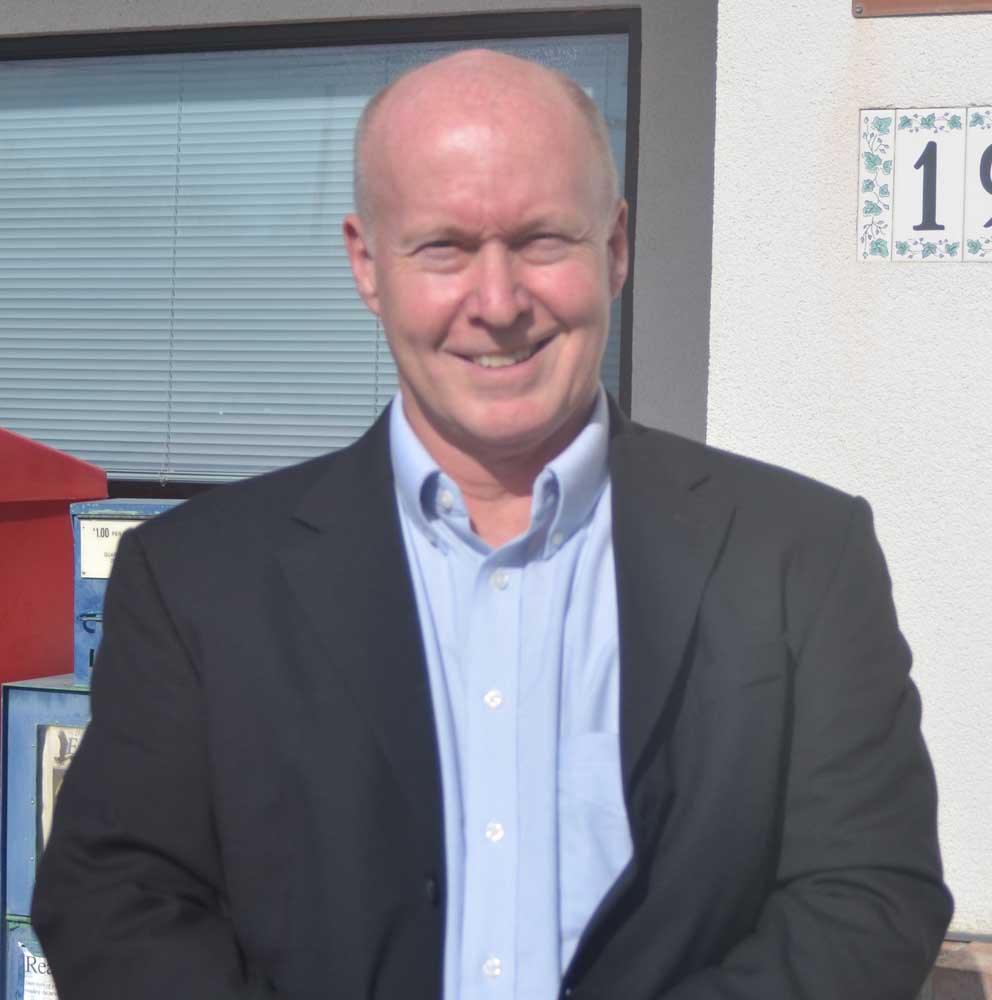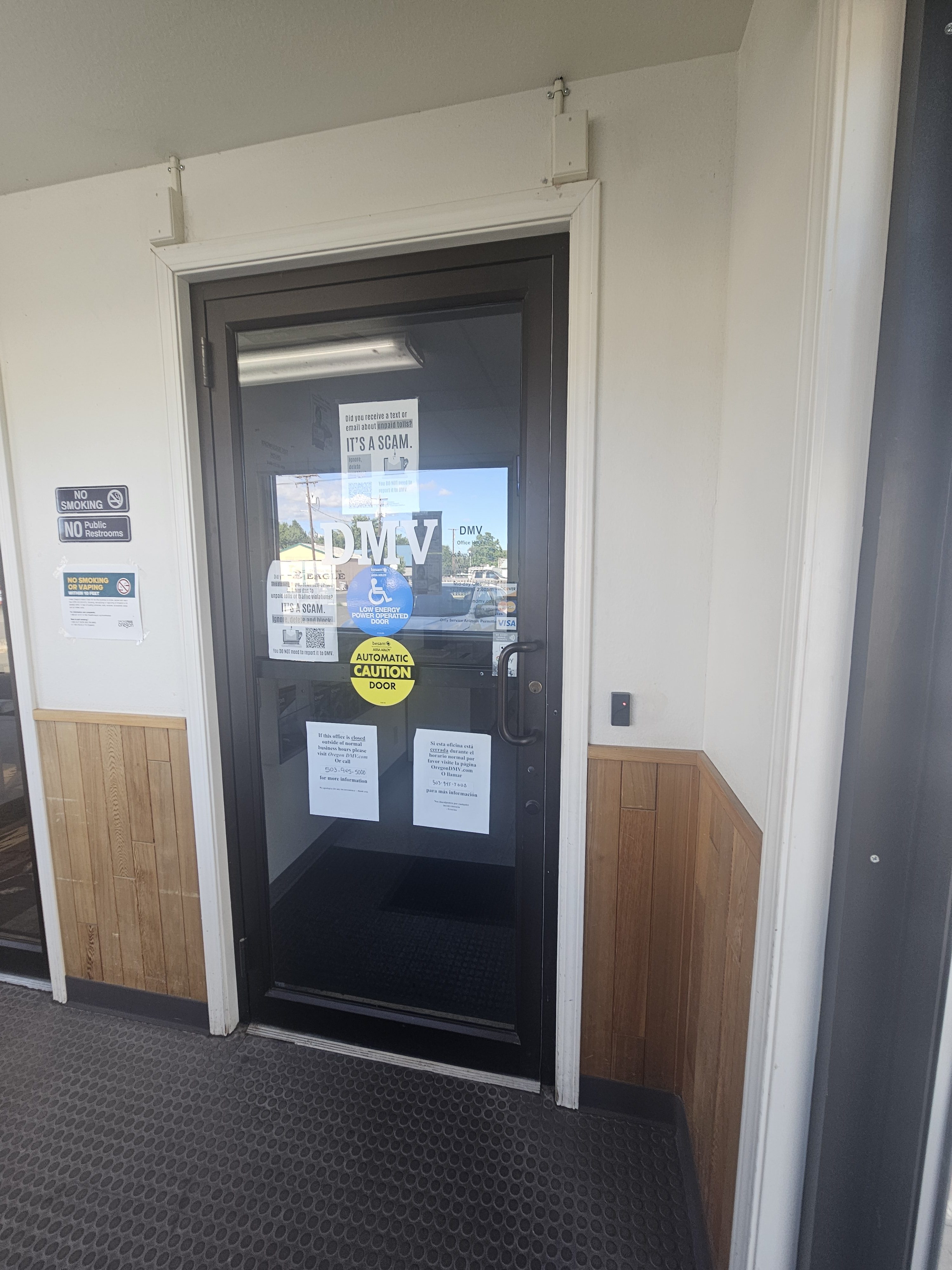Guest Comment: ‘Unlimited’ not part of campaign finance reform
Published 1:00 pm Tuesday, June 11, 2019

- Patrick Starnes
The word “unlimited” has no place in a Campaign Finance Reform bill. Recently the Oregon House passed House Bill 2714, which would set campaign contribution limits in Oregon. The good news is that it keeps the promise Gov. Kate Brown and I made to block billionaires from buying Oregon elections by setting the limit on individuals at $2,800, which matches the federal limits.
Trending
Unfortunately, the House bill leaves some loopholes, which I hope the Oregon Senate will close.
Folks tell me the voters have a short attention span, so I will catch you up from the 2018 election to the present end of the 2019 legislative session.
A year ago in May, I won the nomination for Oregon governor as the Independent Party of Oregon nominee over two well-funded write-in campaigns attempting to steal the IPO primary. Their efforts backfired. Our simple message of getting big money out of politics prevailed. Maybe their efforts were too well funded.
Trending
From the primary in May, we continued to take our message of “getting big money out of politics” to all 36 counties in Oregon and to the first televised governors’ debate. We heard overwhelming bipartisan support for campaign finance reform across Oregon both rural and urban.
After being blocked from the final two televised debates and other important media events, we knew our third-party candidacy was doomed (even though 38% of voters are neither Democrat nor Republican). Nonetheless, I did not want Oregonians’ demand for campaign finance reform to die.
On Oct. 30 (one week before the election), Gov. Brown and I found common ground on campaign finance reform. We agreed that Oregon needs a constitutional amendment (SJR 18), which at least would allow us to match the federal limits: $2,800 per person and $50,000 per PAC (political action committee). In turn, I dropped out of the election and endorsed Gov. Brown, who has made campaign finance reform one of her top priorities this year.
Soon after the election in December, I started driving once a week to the Capitol in Salem (an hour north of Brownsville) in order to meet all 90 members of the legislative branch of Oregon (or at least their staff).
The first on the list was the the Senate President’s Office, and soon after that meeting he assigned a brand new committee — the first in Oregon history — called the Campaign Finance Committee, which was headed by the new senator from Ashland who also ran on campaign finance and won: Sen. Jeff Golden.
At the end of March, Republican Sen. Tim Knopp’s bill (SJR 18) to refer a constitutional amendment to the voters on the 2020 ballot passed and went to the Senate Rules Committee. You can imagine my excitement to have an early success in the first hundred days of the session!
Well, when it got to the Senate Rules Committee, the majority leader wanted to see a campaign limits bill pass through the house before she would forward our constitutional amendment referral bill SJR 18 to the Senate floor.
The campaign limits bill (HB 2714) has passed from the House floor and now will return to the Senate Rules Committee where it can be amended and improved.
The version that passed the House set limits on individuals at $2,800 per person but failed to set any limits on PAC money, unlike what the governor and I agreed upon.
We cannot have true campaign finance reform if PACs are “unlimited.”
The Oregon Senate can remove the word “unlimited” from this campaign contribution limits bill. Otherwise the voters will need to use the referendum process and withdraw the bill and rewrite it with the limits they want in 2020. Hopefully we will not need to gather signatures for this process immediately after the legislative session ends.
Let us completely match the federal limits and get big money out of politics in Oregon!









